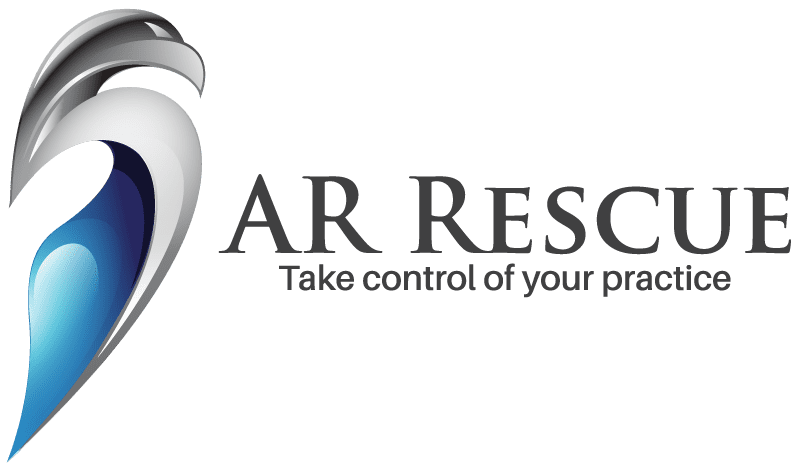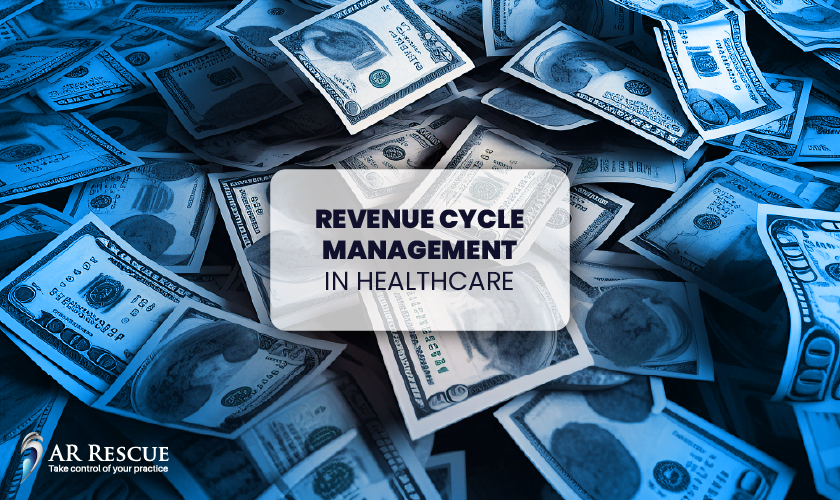Revenue Cycle Management (RCM) is a fundamental process in the healthcare industry that involves the management of financial transactions — from the initial patient registration to the final payment collection.
It includes the entire patient care journey, including some of the most important steps:
- Scheduling
- Insurance verification
- Billing and coding
- Payment collection
In this blog post, we’ll talk about Revenue Cycle Management, its significance in the healthcare industry, and its impact on the financial position of healthcare providers.
Table of Contents
Revenue Cycle Management (RCM)
Revenue Cycle Management (RCM) essentially refers to the strategic process of handling a patient’s journey — from scheduling an appointment to final payment of services rendered.
In simpler terms: RCM refers to all the steps involved in managing the financial transactions related to a patient’s medical care.
The Stages of Revenue Cycle Management
1. Patient Scheduling and Registration
When a patient schedules an appointment, the RCM process begins.
In this stage, it is essential to gather accurate information.
This includes:
- Personal details.
- Insurance information.
- The reason for the visit.
A smooth revenue cycle begins with efficient patient registration.
2. Insurance Verification
Healthcare providers must verify that a patient’s insurance covers the procedure before they perform them.
This step ensures that the services provided are covered by the patient’s insurance plan, reducing the likelihood of denied claims later in the process.
3. Providing Medical Services
Healthcare organizations provide medical services to patients once their insurance coverage is confirmed.
Documenting these services correctly is essential to prevent errors and discrepancies during billing.
4. Claims Submission
Claims submission involves sending a detailed record of the services provided to the patient’s insurance company.
The accuracy of this step is crucial, as any errors or missing information will result in claim denials or payment delays.
5. Claims Adjudication
As part of this process, the insurance company will review the submitted claim, cross-referencing it with the patient’s coverage.
They determine the amount they are willing to reimburse the healthcare provider for the services they have provided.
6. Payment Collection
Insurance companies pay healthcare organizations once they approve claims.
The patient is responsible for the amount if the insurance does not cover the remaining balance.
To ensure a steady cash flow, invoicing must be timely and accurate.
7. Denial Management and Appeals
For denied claims, healthcare providers must determine the reasons for the denial and appeal if necessary.
A denial management strategy that maximizes revenue and reduces financial losses is essential.
The Importance of Revenue Cycle Management in Healthcare
Providers, patients, and the healthcare system can all benefit from efficient revenue cycle management:
Financial Stability
An RCM ensures that healthcare providers are paid on time and in full for their services.
Financial stability allows organizations to invest in advanced medical technologies, staff training, and improved patient care.
A Better Patient Experience
By minimizing billing errors and discrepancies, RCM processes ensure patient accuracy and clarity.
The more transparent the healthcare provider is, the more satisfied the patient will be.
Lower Administrative Burden
Healthcare staff saves time and energy by improving billing and payment processes.
It lets them focus more on taking care of patients.
Compliance and Accuracy
The RCM process involves adherence to regulatory guidelines and industry standards.
This way, you’re less likely to get in trouble or penalized for billing mistakes.
The Role of Technology in RCM
- Automated Claim Processing – Technology makes it easier to submit claims — it takes out the manual work and increases accuracy.
- Electronic Health Records (EHRs) – EHRs are central databases for patient information that can be easily integrated with RCM software.
- Predictive Analytics – Using advanced algorithms, healthcare providers can predict problems related to denials or unpaid claims.
- Eligibility Verification – With automated tools, patients’ insurance eligibility can be verified instantly.
- Billing and Coding Assistance – Technology can help identify and correct billing and coding errors, resulting in fewer denied claims and better cash flow.
- Telehealth Integration – RCM tools can integrate virtual visits for accurate billing and claim submission as telehealth services grow.
- Online Payment Portals – Technology enables patients to view and pay their bills online, making it easier and faster for providers to collect payments.
- Data Security – Encryption and cybersecurity tools prevent unauthorized access and sensitive patient billing information breaches.
- Performance Analytics – Providers can use technology to find areas of improvement within their RCM processes based on key performance indicators (KPIs).
- Interoperability – Sharing data across platforms and providers is easier and more efficient with interconnected systems.
Striving for Financial Health in Healthcare
Revenue Cycle Management is one of the pillars of healthcare’s financial stability.
Healthcare providers receive just compensation for their services, while patients receive accurate and precise billing statements.
Both providers and patients are benefitting from RCM as technology continues to advance.
AR Rescue knows the importance of Revenue Cycle Management in healthcare.
Our custom solutions are intended to simplify the entire revenue cycle.
Optimize your RCM with our help.
Contact us today to receive a personalized consultation.

